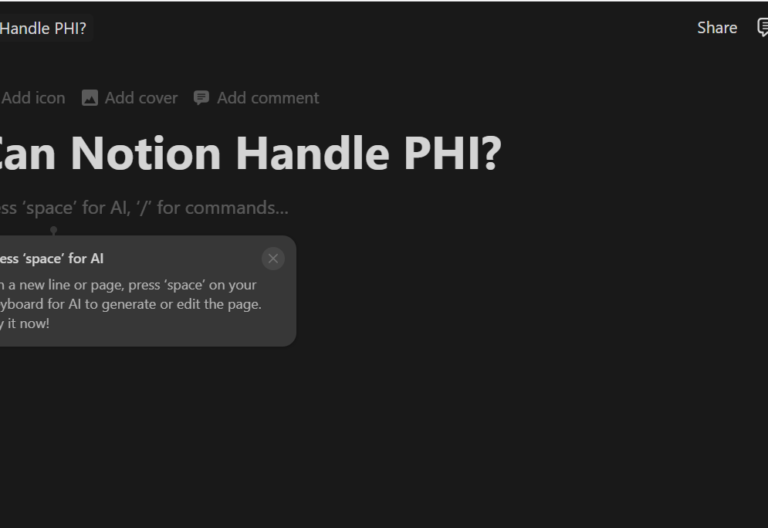Keeping file backups in the cloud requires following certain security measures and adhering to specific compliance rules. Take the Health Insurance Portability and Accountability Act of 1996, for example. Its regulations require covered entities like hospitals and clinics to choose a HIPAA-compliant backup provider.
The challenge is finding one that can truly live up to the compliance standards of HIPAA. For that, we’ve already got you covered.
The list below includes the most secure and reliable data backup and recovery services. And yes, every single one of them offers HIPAA compliance.
Top 5 HIPAA-Compliant Backup Solutions:
The Importance of HIPAA-Compliant Backup Solutions in Healthcare
A HIPAA-compliant backup service gives you the necessary means to create backups of sensitive health data while ensuring compliance with relevant healthcare and data privacy regulations.
With a proper data backup system, you can minimize data losses, especially during unforeseen events like natural calamities. And by choosing a HIPAA-compliant backup solution, you can amplify the level of security and protection you provide. Also, it helps you navigate away from potential legal issues. After all, failing to provide the required security and technical safeguards for file backups can lead to severe consequences. You risk violating the rules of HIPAA. And, if proven accountable, you will have to face the risk of paying hefty penalties. Also, you risk losing your reputation as a credible healthcare provider.
So before that could happen, you must make the first move.
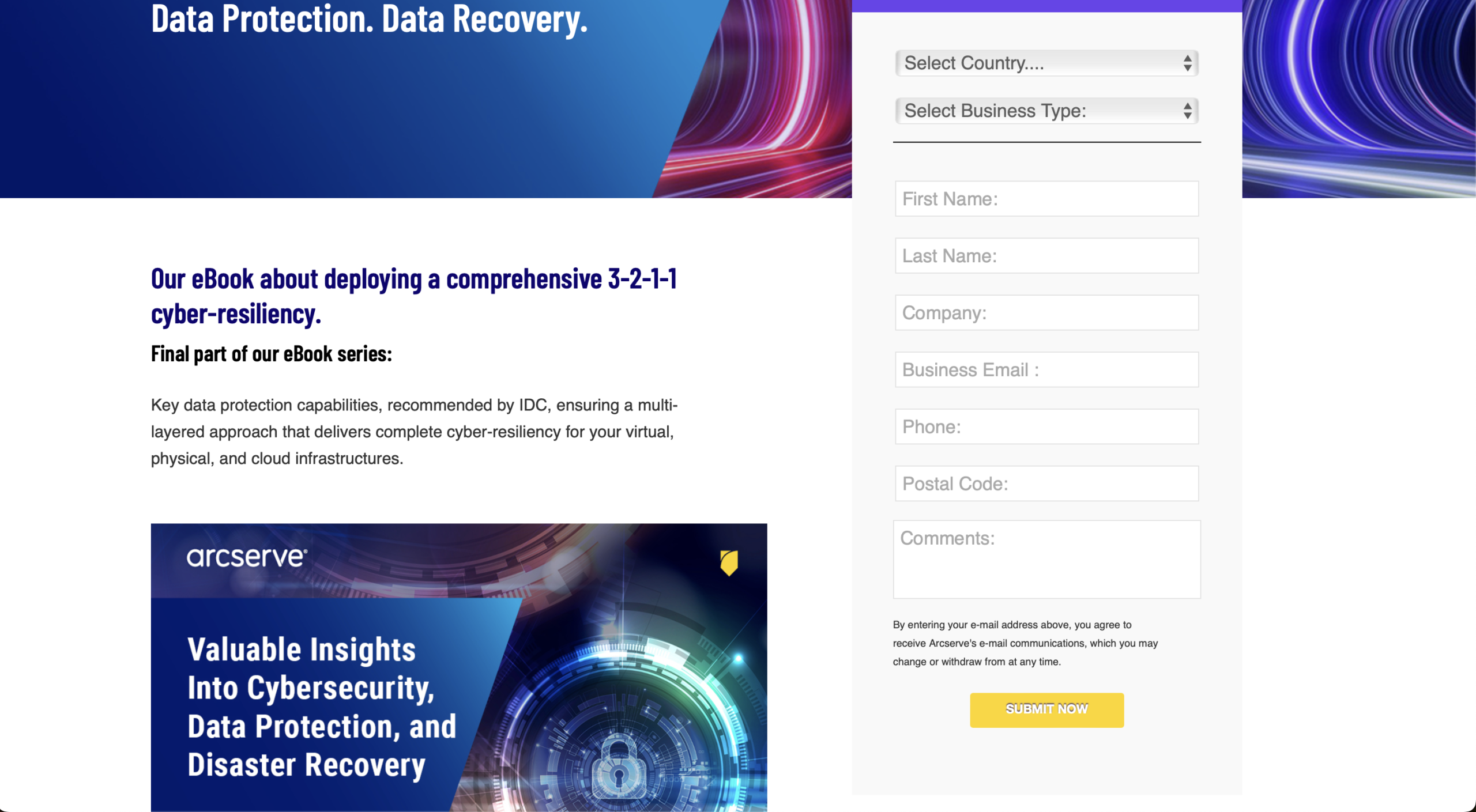
1. ArcServe
First on the list is ArcServe. Offering data protection and recovery solutions for enterprises and mid-market businesses, this provider is a certified industry leader in HIPAA data backup compliance. Its centralized global dashboard has everything you need to ensure the safety of your file backups.
Best features:
- File archiving and image recovery
- Workstation protection
- AI-powered technology
- User-friendly interface
- Reliable customer support
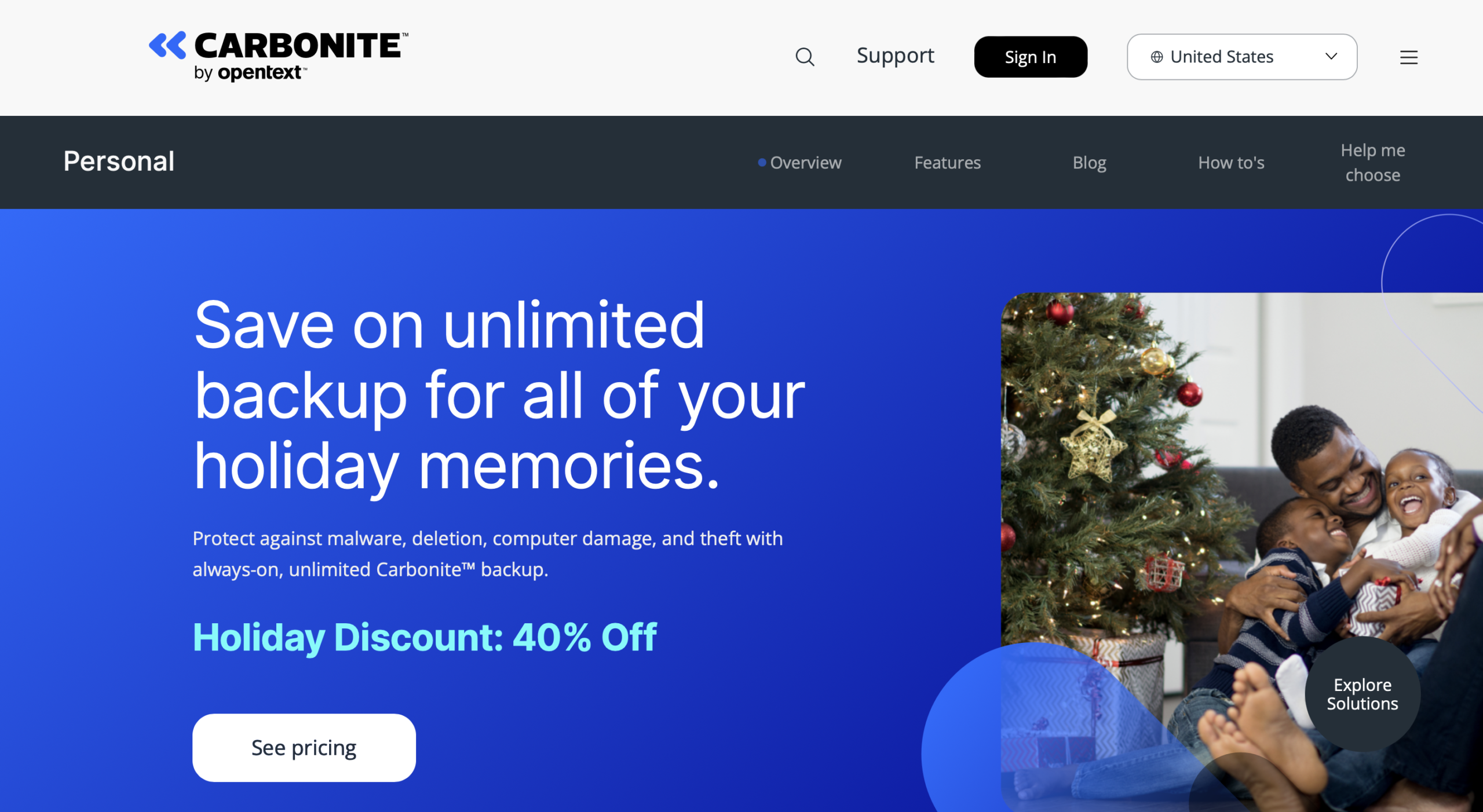
2. Carbonite
Carbonite is a HIPAA-compliant cloud-based backup and recovery service that can safeguard personal and business data from data loss. It can store data after hardware failure, natural disasters, accidental deletion, and ransomware attacks.
Best features:
- Unlimited storage and automatic recovery
- External hard drive backups
- Webroot® Computer Antivirus
- Emergency delivery of data via courier
- Secure and encrypted data at rest or in transit
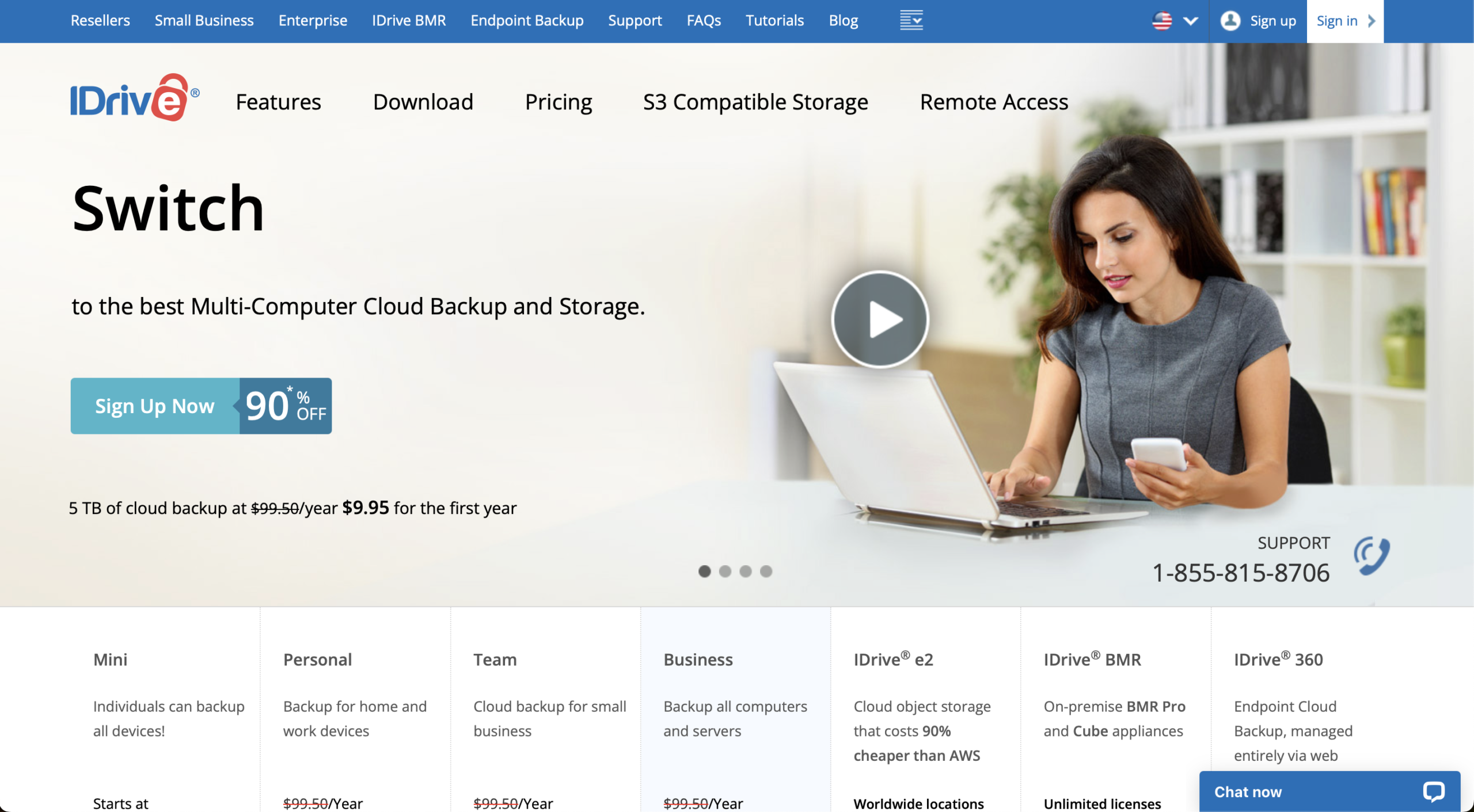
3. IDrive
Known as a cloud backup veteran, IDrive is a HIPAA-compliant data recovery tool that can automatically archive files in the cloud. It lets you create disk images, prevents data loss, and eliminates ransomware without downtime.
Best features:
- SOC-approved data protection
- Archive Cleanup
- On-site bare metal disaster recovery
- Cloud virtualization and replication
- Ransomware protection
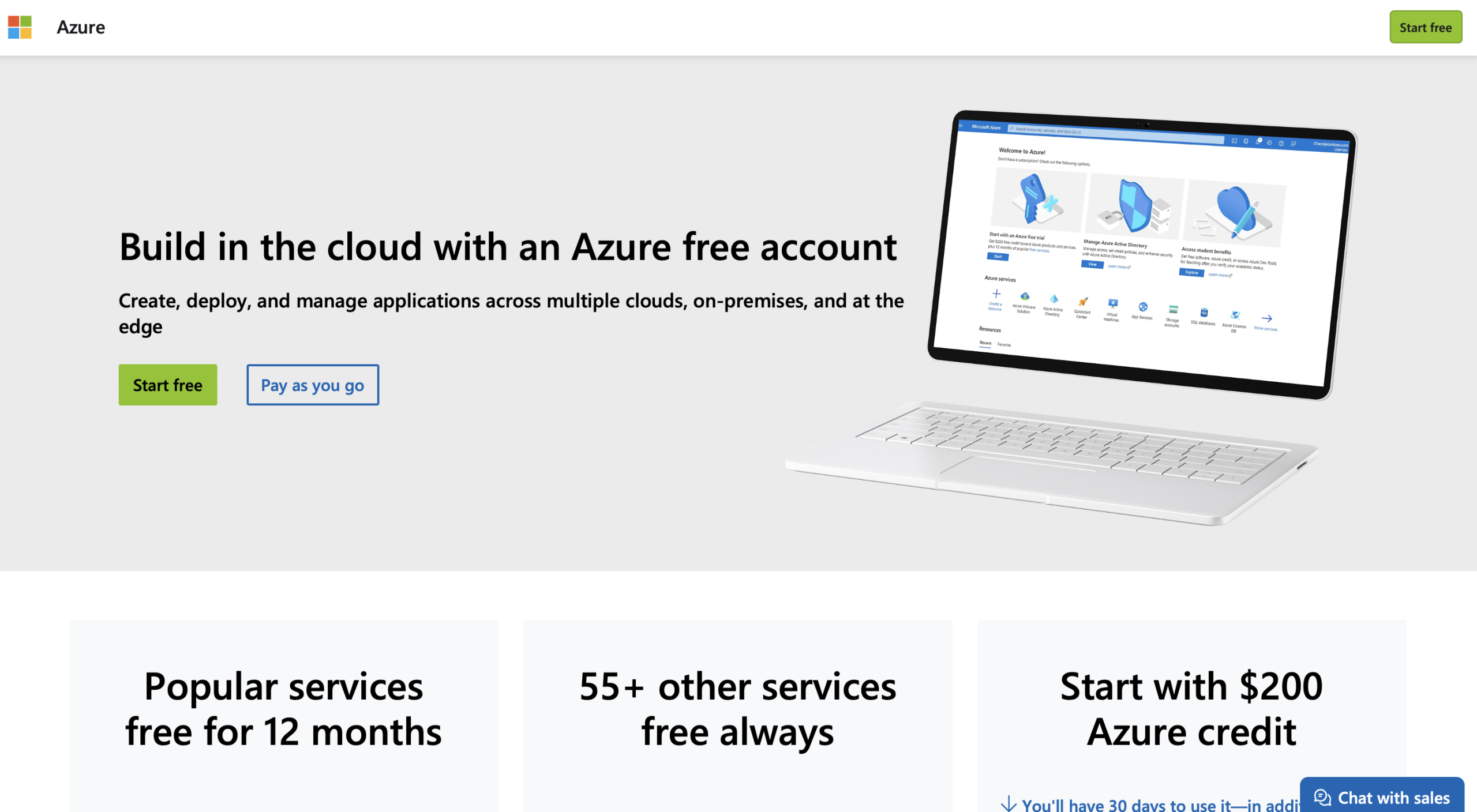
4. Microsoft Azure
Another popular HIPAA-compliant cloud solution is Microsoft Azure, which offers scalable one-click backup services. Businesses can store their files on Azure Virtual Machines, SQL servers, SAP HANA, and on-premise servers.
Also, you can choose whether to store your data on Azure Virtual Machines, on-premise servers, SQL servers, and SAP HANA. This file backup service also enables automated security configurations via API.
Best features:
- Automated security configurations
- Backup reports for auditing
- Export cloud backups to monitoring systems
- Role-based access controls
- 256-bit AES encryption
- 14-day data retention
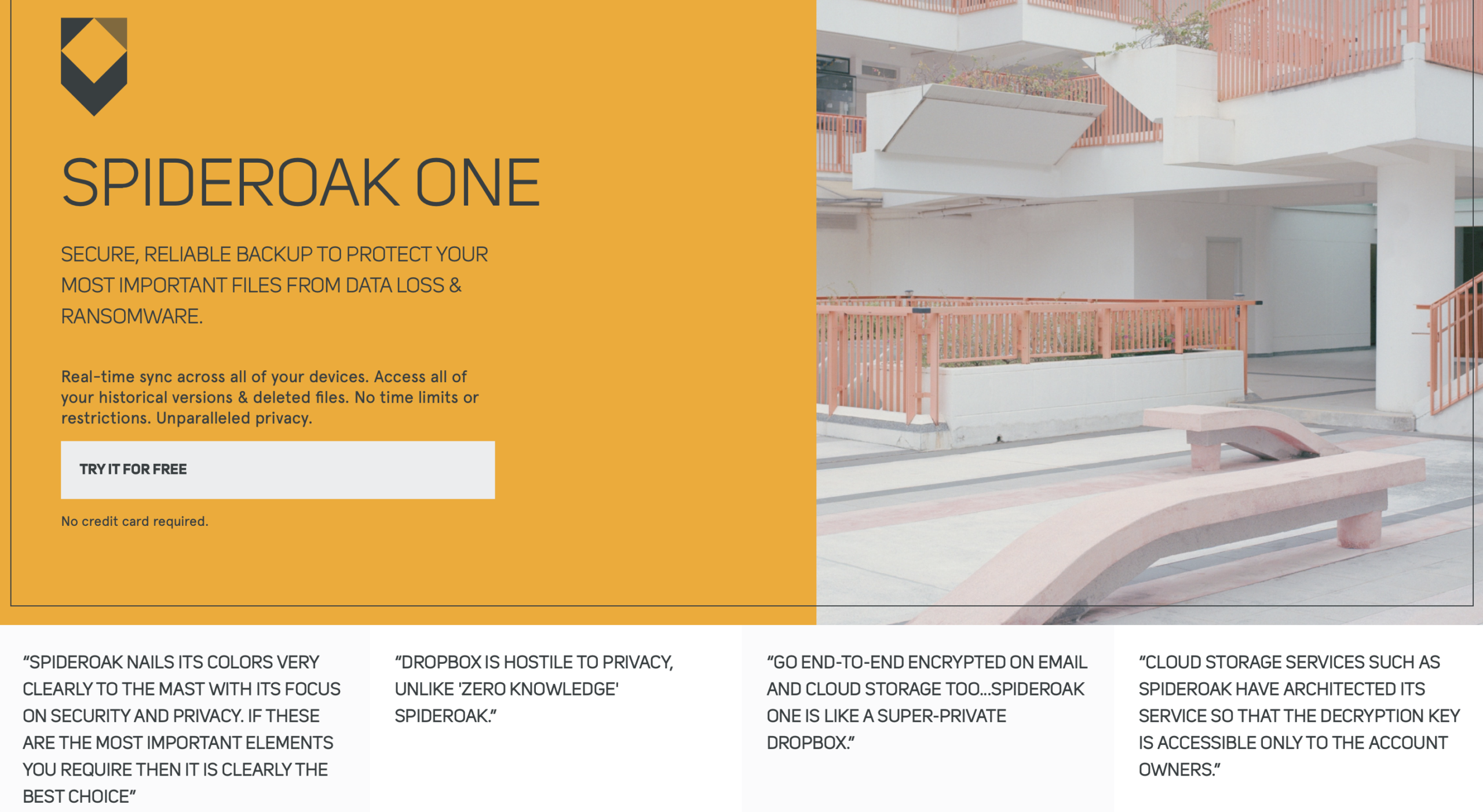
5. SpiderOak
Designed for those who want to recover their files quickly, SpiderOak is a HIPAA-compliant cloud service that stands out with its “No Knowledge” policy. This means even the provider cannot access the content of the encrypted files. Only those with the correct decryption key can do so.
Best features:
- File-sharing and folder-syncing
- Unlimited computers
- Encrypted via TLS/SSL and protected by certificate pinning
- Backup logs and scheduling
Key Features of HIPAA-Compliant Backup Solutions
When choosing a HIPAA-compliant backup solution, consider the following features:
End-to-end encryption
The first step to strengthening your data cybersecurity is enabling military-grade encryption. A reliable data backup provider should have robust end-to-end encryption to prevent unauthorized users from accessing sensitive information. It keeps hackers from exploiting confidential patient information.
User authentication and access controls
Under the minimum necessary standard, a HIPAA-compliant backup tool must have enough authentication and access controls. Users must verify their identity first before logging in to the backup system. One of the most effective authentication controls is the single sign-on system (SSO), which comes with a unique set of login credentials.
Audit trails
The HIPAA federal law requires having a chronological log of specific system activities and events. Think of it as having access to everything that took place within a backup and recovery system. Also, these audit logs play a critical role during compliance auditing and HIPAA risk assessments, as suspicious activities often leave a trail.
Regular testing and revision of contingency plans
To comply with HIPAA, data backup systems must conduct annual self-audits. If there are any discrepancies, your HIPAA-compliant backup provider should employ remediation plans to address these gaps.
Business Associate Agreement (BAA)
Any company or service provider handling PHI or protected health information on behalf of a covered entity must be willing to provide a signed BAA. It’s to acknowledge their responsibilities and obligations regarding safe PHI handling and protection.
Implementing HIPAA-Compliant Backup Solutions
There may be plenty of choices when it comes to backup solutions, but when dealing with sensitive information like PHI, you can only choose the ones that duly comply with the requirements laid out by HIPAA. This is so you can ensure compliance and avoid the legal repercussions that await those who violate HIPAA rules.
Most importantly, you cannot risk losing your patients’ trust. Putting PHI at risk because of negligent choices can permanently damage your credibility. By employing HIPAA-compliant backup solutions, you can keep their trust and maintain your reputation as a trustworthy institution in the healthcare industry.





